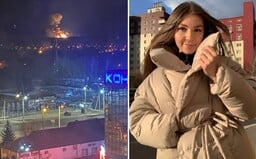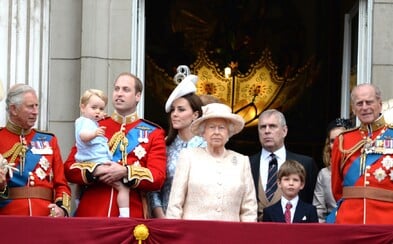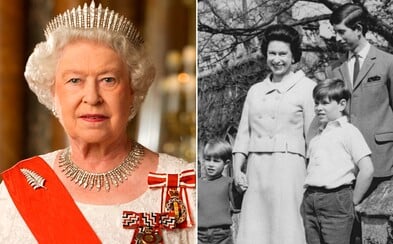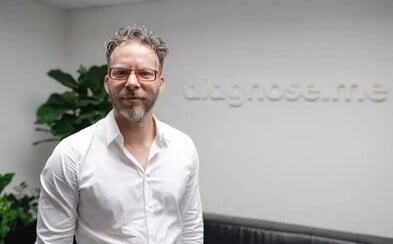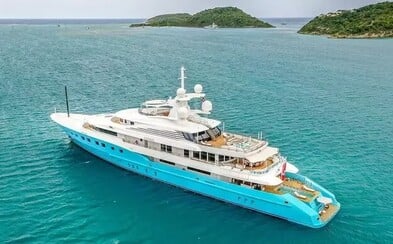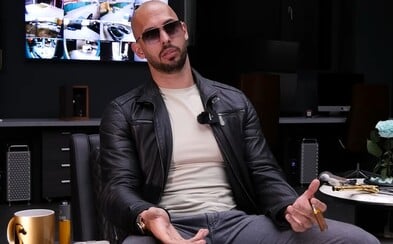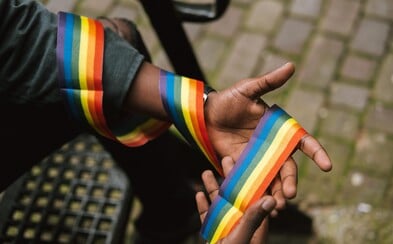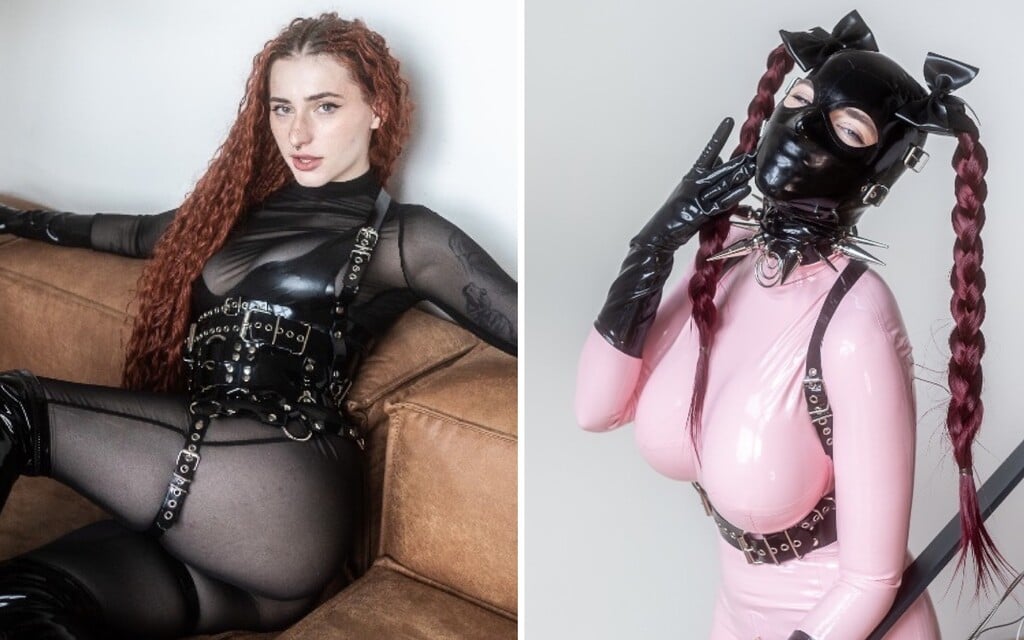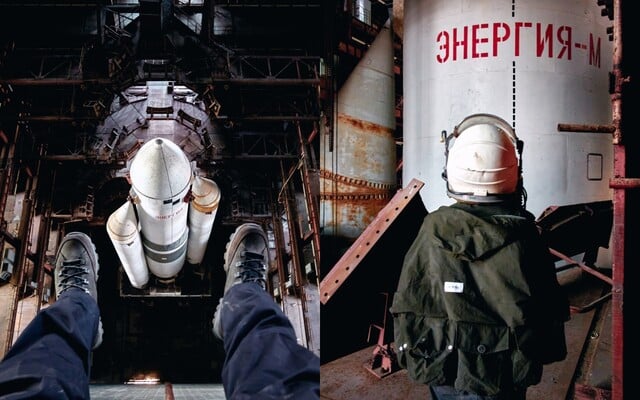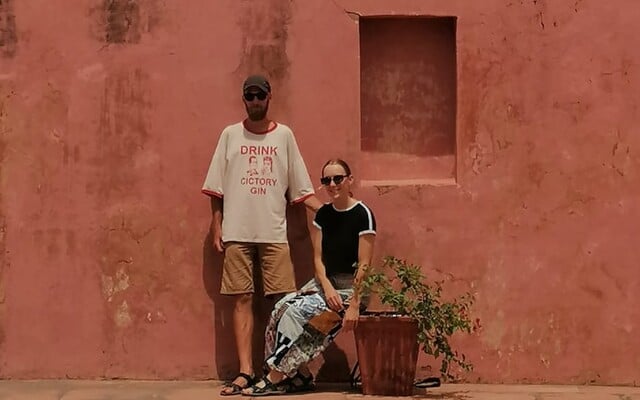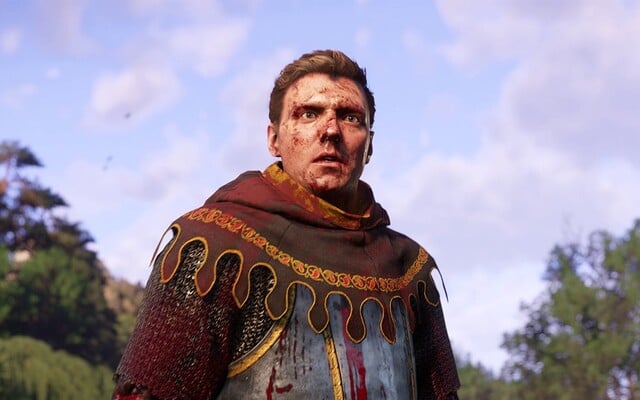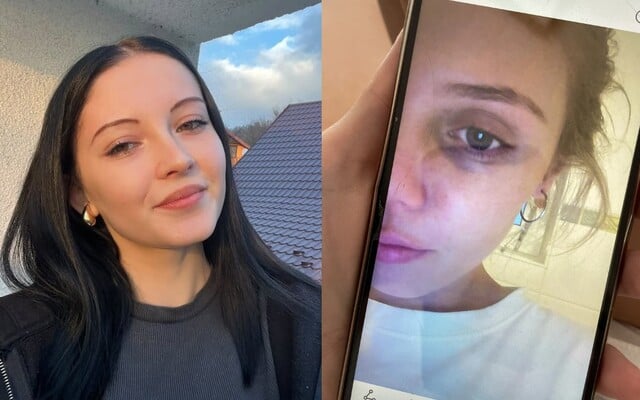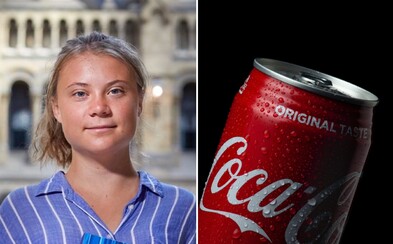 6 Interesting Facts About The COP27 Climate Conference. Largest Number Of Lobbyists In History And The Absence Of World Leaders
6 Interesting Facts About The COP27 Climate Conference. Largest Number Of Lobbyists In History And The Absence Of World Leaders
6 Interesting Facts About The COP27 Climate Conference. Largest Number Of Lobbyists In History And The Absence Of World Leaders
6 Interesting Facts About The COP27 Climate Conference. Largest Number Of Lobbyists In History And The Absence Of World Leaders
REPORT: We Went to the Slovak-Ukrainian Border. This is What a Place That Separates War From Peace Looks Like
We went to look at the influx of refugees, but instead we ended up escorting the men to war.
If problems persis, please contact administrator.
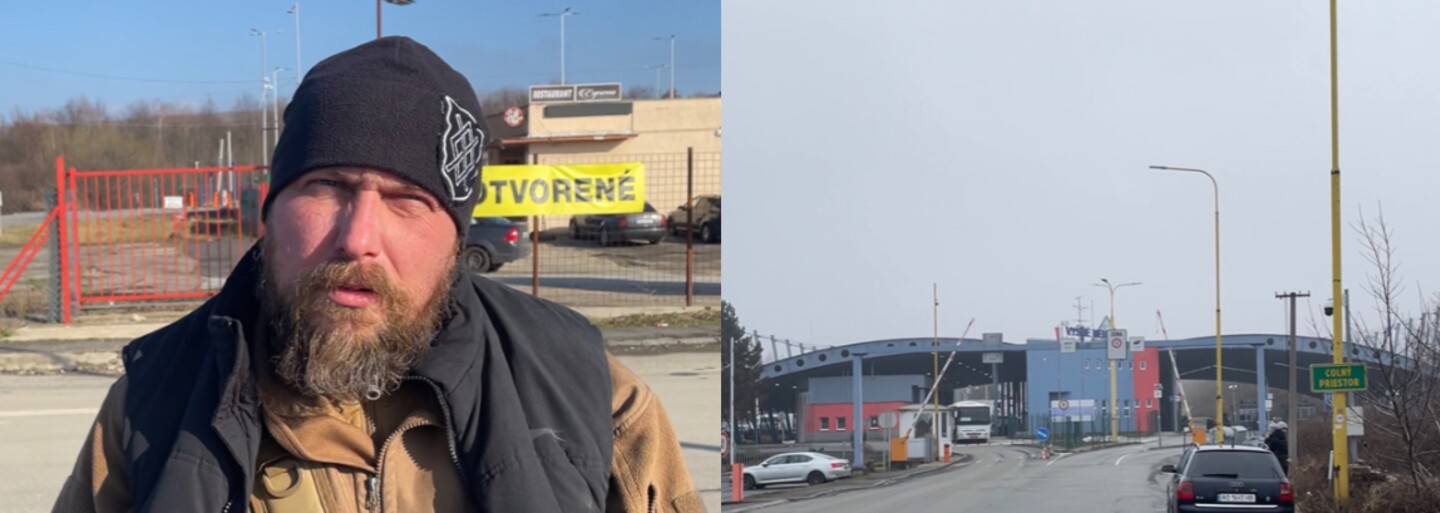
The foggy morning ride to the Slovak-Ukrainian border is packed with anxiety and tension. There are less and less cars heading towards Ukraine pass Michalovce on the way to Vyssi German. However, the opposite direction is another story. Slovak license plates regularly alternate with the Ukrainian ones.
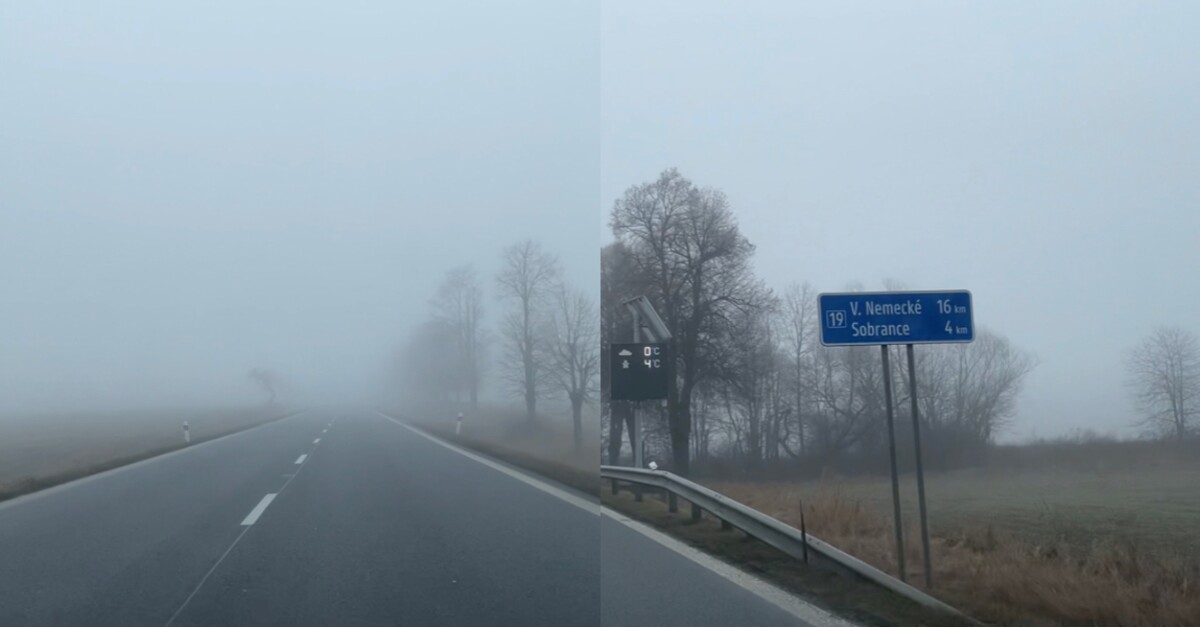
They just came for a holiday
The border is relatively peacecful shortly before lunch. Almost zero movements on the wet driveway to the passing. The only indication of any "action" is a police patrol, which lustrates a fairly well-packed car with a Ukrainian brand parked on a relatively wide area by the road. We decide to park nearby. "Good morning. What's going on here?" We ask the cop. "It's forbidden to stop here, and the gentleman is parked, so we're working it out," he tells me.
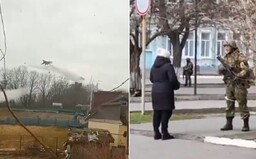 10 Most Horrifying Videos From the War in Ukraine10 Most Horrifying Videos From the War in Ukraine
10 Most Horrifying Videos From the War in Ukraine10 Most Horrifying Videos From the War in Ukraine
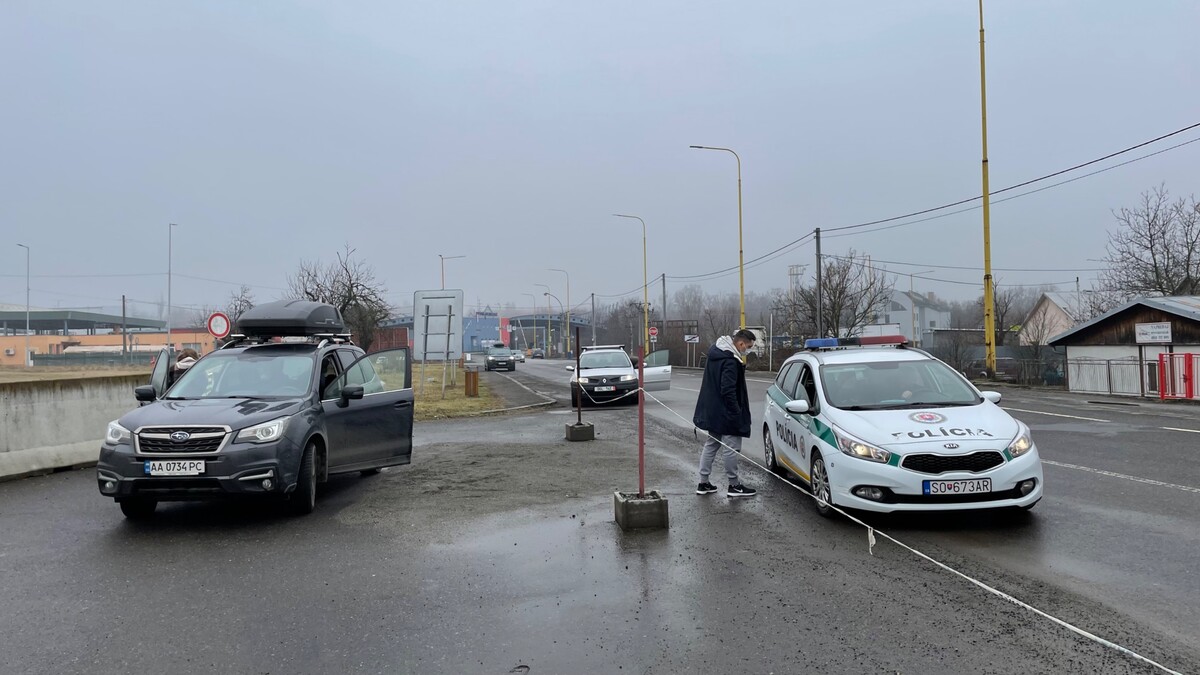
Although the Slovak language is not a big problem for the passengers, they prefer to speak English. The couple introduces themselves to us. They are coming from Kyiv. To our question whether they came to Slovakia out of the fear of war, they promptly answer that it's not the case. "We have had a vacation planned for a long time. We have our skis and a snowboard with us," says the young Ukrainian.
When we ask about the police patrol, the Ukrainian mentions that what's happening beyond the border a few hundred meters away is also addressed here. "We just stopped because we needed to call our parents home and make sure they were okay. And suddenly, the police are giving us a fine," he explains, looking at the empty road ahead.
The couple is not afraid of the war. They are planning to return to Ukraine after their holidays. "We believe in the strength of the Ukrainian army and also in the fact that Putin will be punished for his actions," they conclude.
Among the first ones to leave Kyiv
We proceed to customs. The right side - the direction of Ukraine - is empty. However, the left side is a whole other story. Although we only have a small view into the distance through the customs buildings, we see long columns of cars and buses. We approach a customs officer who sends us away immediately. "We have been ordered not to let anyone in here at this time, nor to provide any information," he says, adding as he escorts us away.
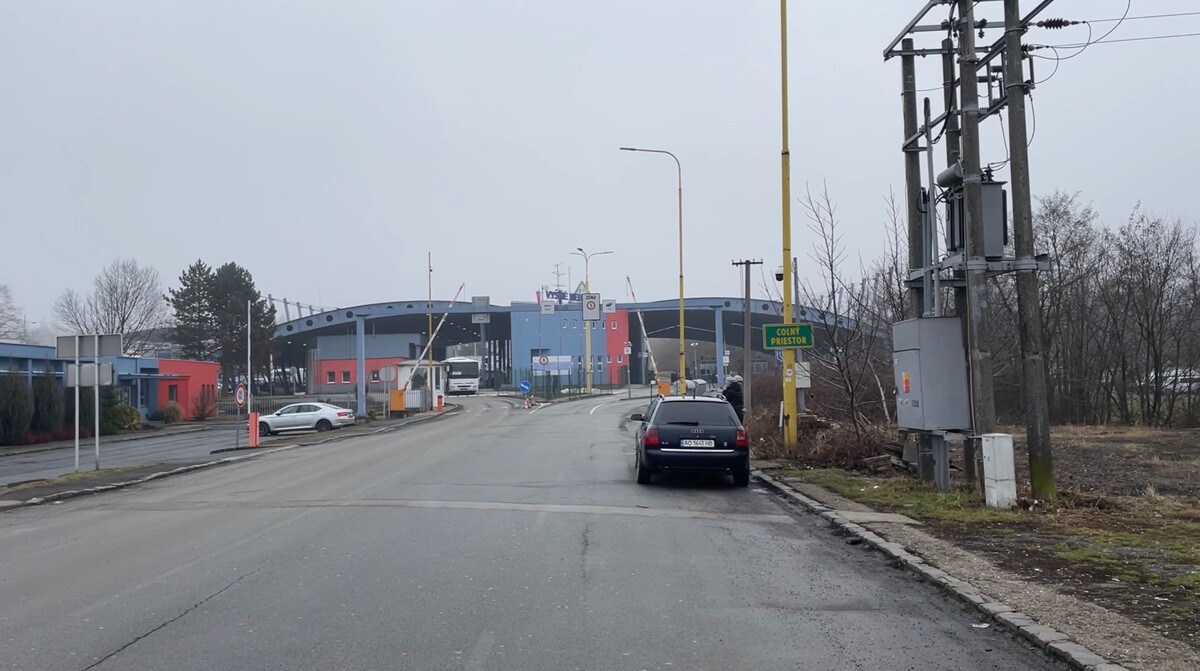
He does end up saying that on the Ukrainian side they've only noticed a slight increase in the number of cars heading for Slovakia so far. Before we turn around, there's a car heading from Ukraine to Slovakia. A 45-year-old man is sitting in it. Only him and his backpack. In the meantime, the police and the fined Ukrainians are gone.
The man does not want to reveal his name for his own safety, but he tells us he comes from Kyiv. He left yesterday while, according to him, it was entirely at peace there. He arrived in Uzhhorod in the evening to go to Slovakia today. "I felt it. It was necessary to observe the reactions of the Russian president to understand that he would show the Ukrainians what real decommunization is," he says on the sidelines that he was among the first ones to leave Kyiv.
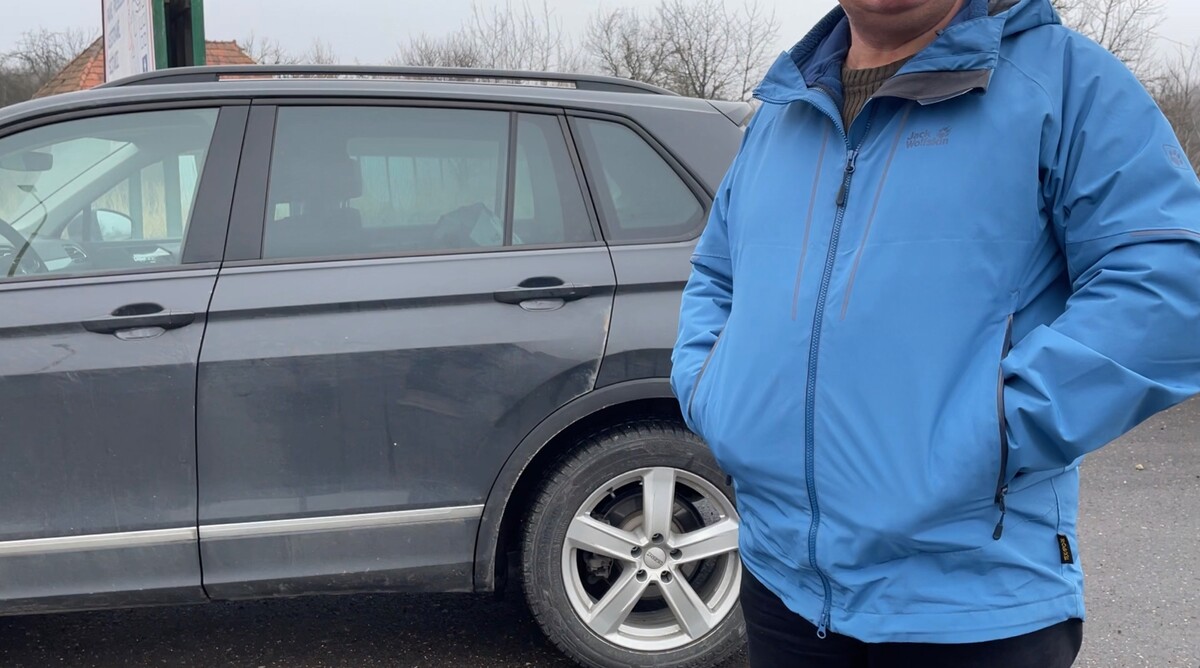
When asked when and how the war in Ukraine will end, he answers a simple "I don't know"." I do not consider the Russian president to be human. In Ukraine, we have a word for it. A non-human," he adds and embarks on a long journey to Bratislava to join his family, which also comes from Ukraine.
There is nothing to fear
A Ukrainian truck driver is parked by the customs zone. He has just passed the inspection at the entrance to the Slovak Republic. When we ask him to speak on what's happening in the country behind him and whether he's not afraid, he just calmly replies that he is definitely not scared. "What should I be afraid of? We need to fight. Now I'm going to the Czech Republic and I'll be back tomorrow. I'll unload the cargo and go fight. There is nothing to be afraid of," he answers when asked if he is not afraid to return home.
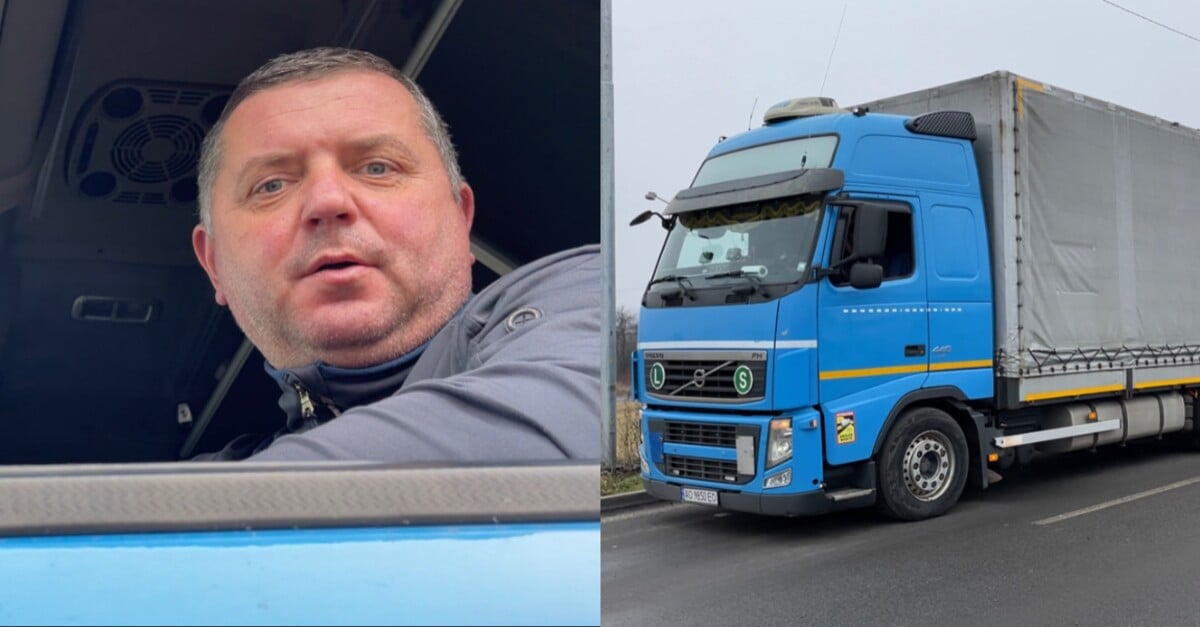
There is a local restaurant practically right next to the customs office. We meet a policeman right before making a turn into the parking lot. When asked if he can say anything about the current situation at the border, he just briefly answers, "Turn that video off and I'll tell you." He checks several times to see if we're really recording anything. "The pressure at the border is a little higher than we are used to. So far, it's nothing unmanageable. As for the cars that come from the war zones, we recorded about twenty of them." In conclusion, he adds that they do not yet have any orders for special equipment for people coming to Slovakia. "We check everyone's passports and all the necessary documents properly."
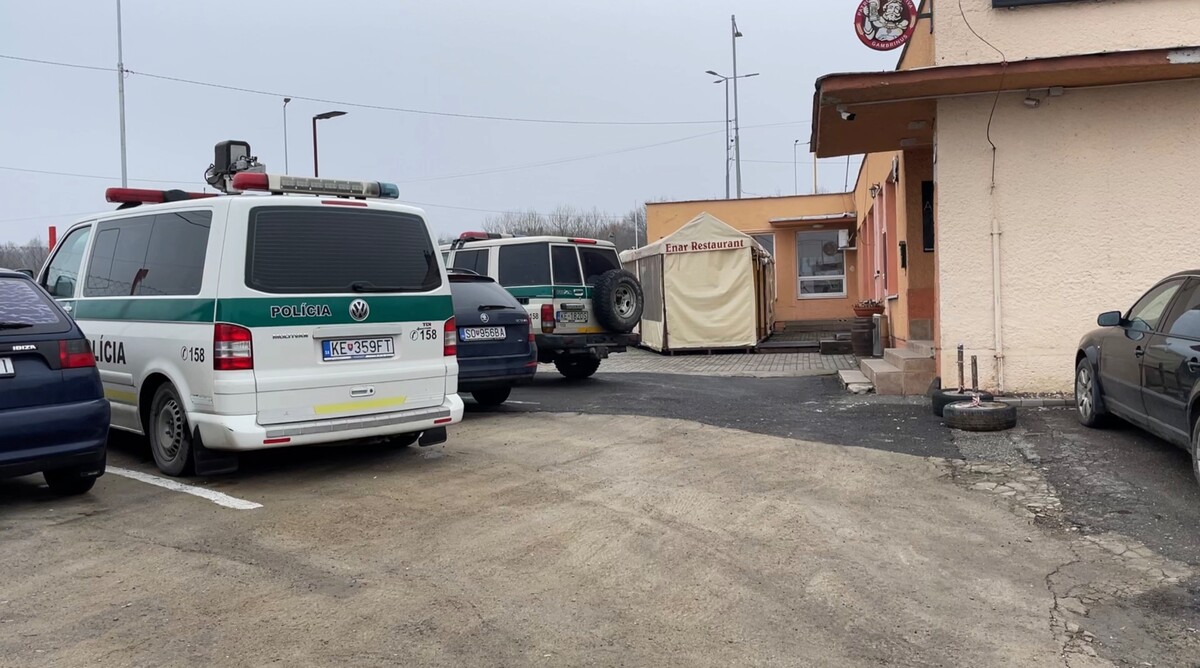
In the afternoon, we come to the restaurant to warm up a bit and eat something. Police officers and financial staff are everywhere. In addition to the usual greetings, there is silence between the colleagues. Gradually, as they leave, they stop by the waitress. "What's it look like now?" She whispers to the cops. In three sentences, they give her current status update and leave.
Nothing will happen
We make our way out. The situation is the same as before lunch. The police is letting cars into Slovakia at regular intervals. Mostly luxury cars depart from the border building into Slovakia. In the nearby village of Vysne Nemecke, we walk through the populated streets. Nobody to be seen anywhere around. The silence is replaced by the barking of dogs as we pass the gates.
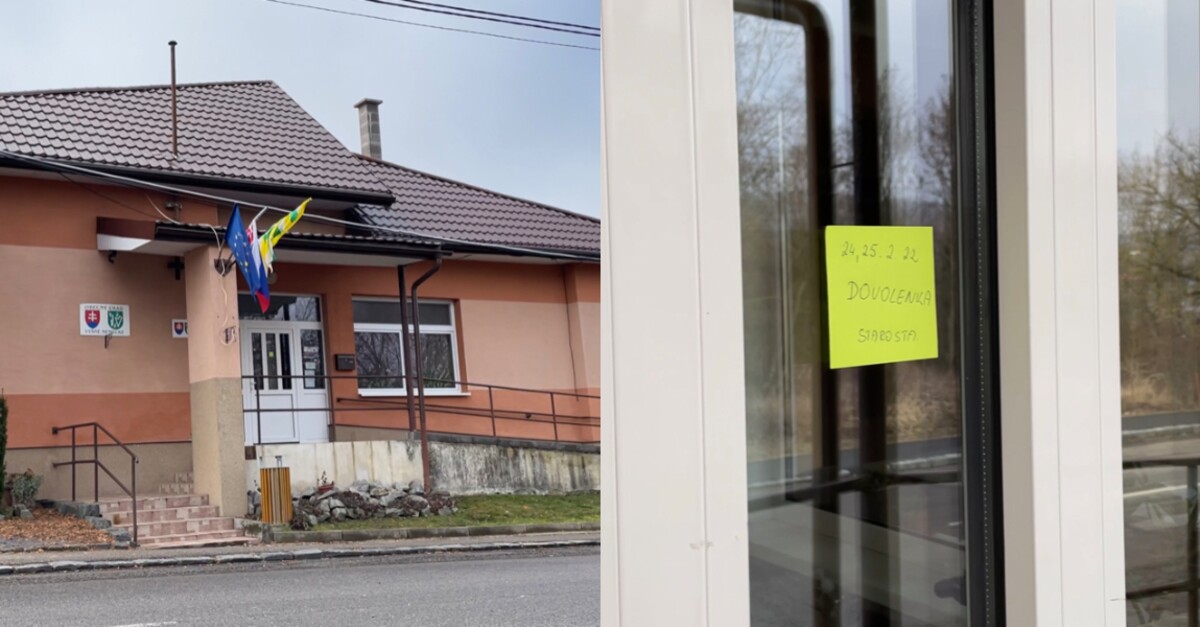
We want to visit the mayor. However, he has a notice on the front door that he's on holiday. The municipal office is locked. When we ask whether he has already taken any steps regarding the possible influx of war refugees from Ukraine, he replies that he has not talked to anyone about it yet. When asked what he will do when crowds of people start to flow from Slovakia to the borders, he reacts that he is ready to provide the municipal office as a temporary residence in that case.
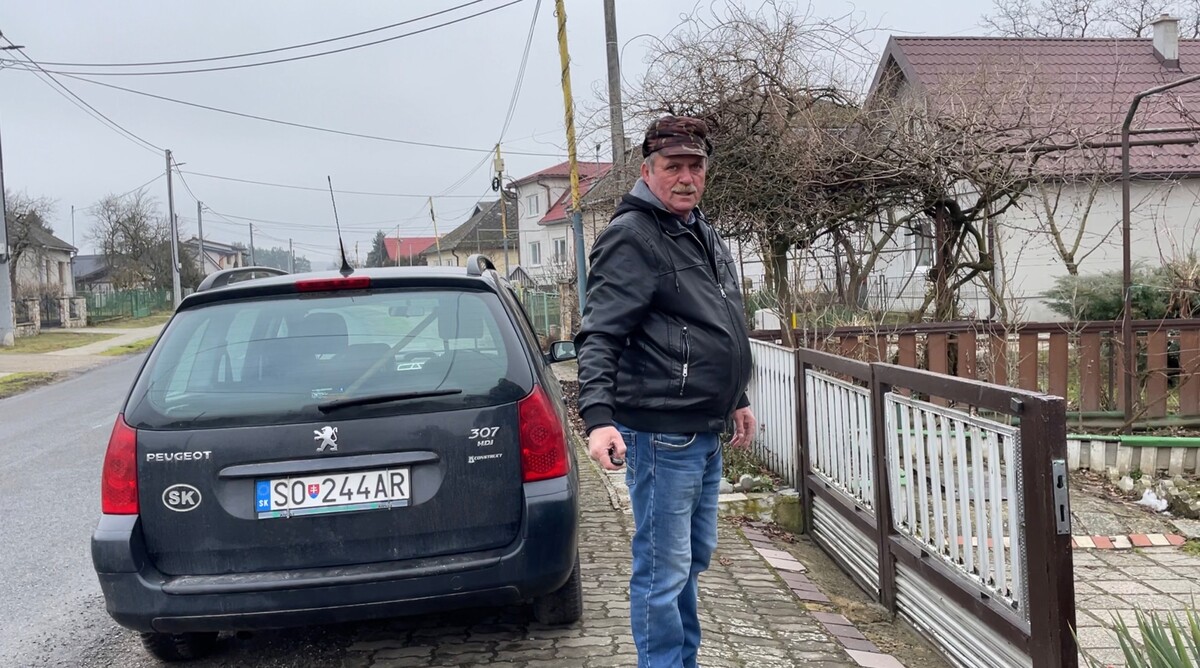
The only living soul far and wide is the gentleman unloading work tools from a car. When we approach him, he warns us that he is not local. "So what is the situation precisely?" He wonders when we ask him about current events beyond the border. "I don't see anything wrong. I also don't expect anything worse, it probably won't be anything major," he states and goes into the house.
He's off to „destroy the Russians“
We return back in front of the customs zone. The road that was empty before is filled on the right with cars heading towards Ukraine. However, they are not waiting because of the customs. Many people are saying goodbye to their families. They hug. We stopped by one of them. The overgrown man tells us that he comes from Mariupol in eastern Ukraine, currently under fire from Russian troops. "I must defend our country. I was a soldier for five years. I did business in Slovakia for two years. I have a family and a child here. But I have to go back to Ukraine to defend it," he said. He adds that after arriving in Ukraine, he will receive a weapon and wants to "destroy the Russians".
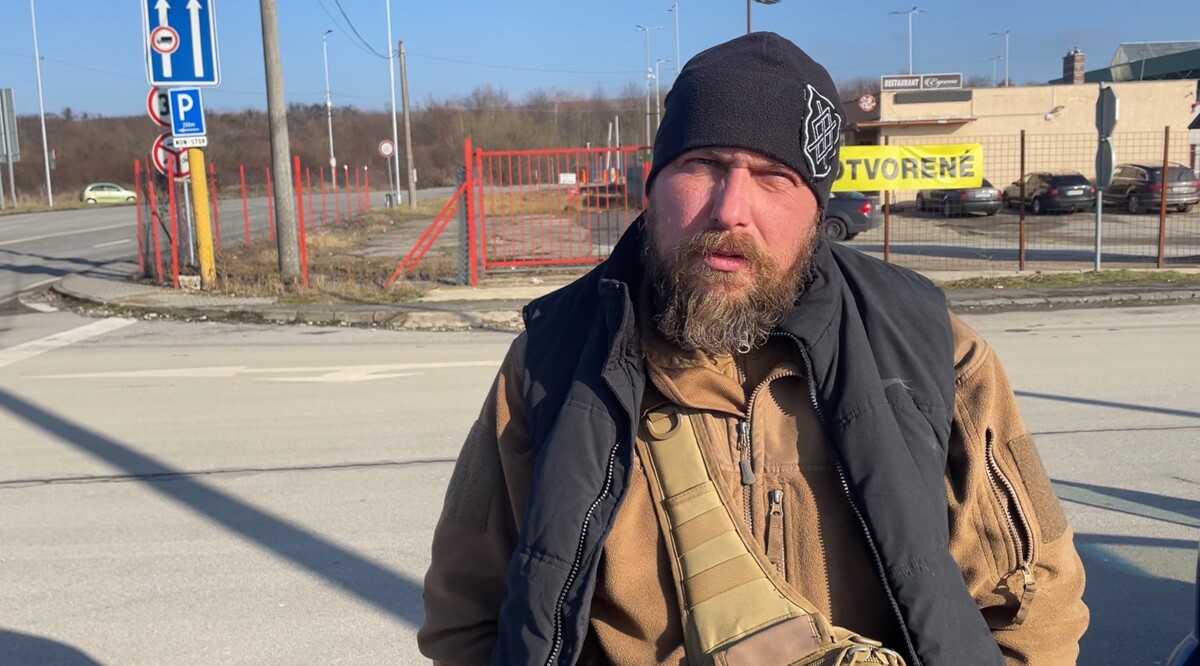
Strong emotions are multiplied by his wife, standing on the side. While her husband talks to us, she says "no" twice and cries. After the interview, they hug and continue saying goodbye.
They are ready
The sun is slowly setting. We meet two women who, together with their three children, came from the village of Vysne Nemecke to look at the border. One of the kids is still in the stroller. The other two are playing. The women tell us that they come from Ukraine, but they have lived in Vysne Germany for a long time. "Our men are now in Ukraine, gathering other family members to bring them here," says one of them.
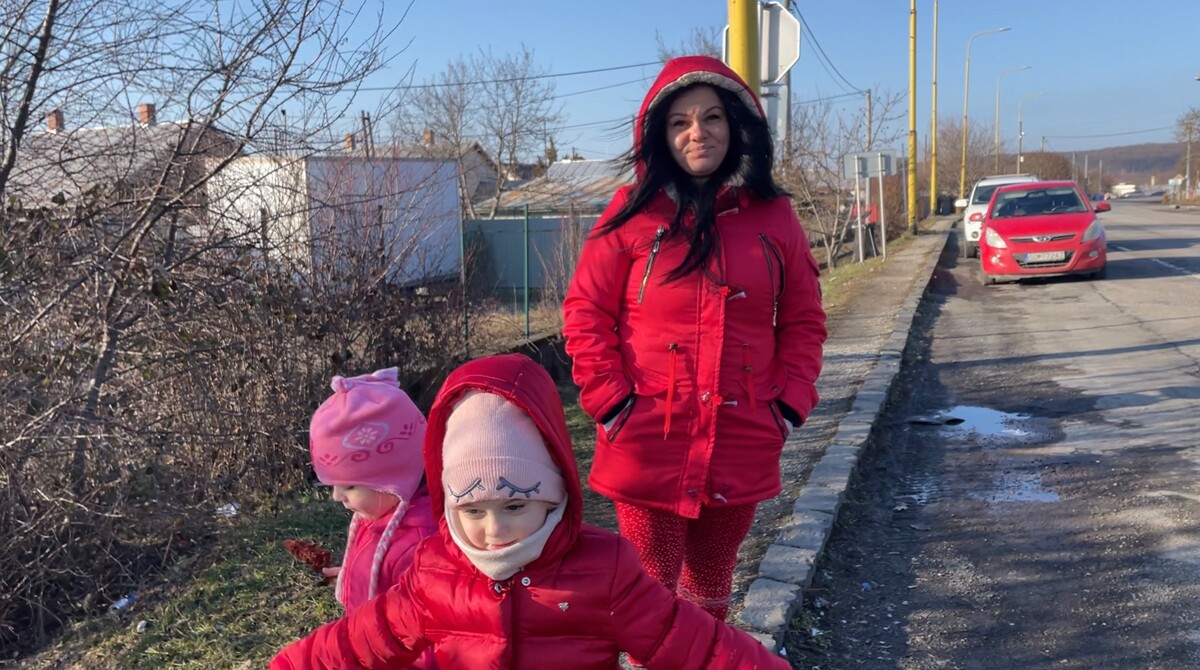
They feel safe. They say they don't fully understand what really happened. "Unless our lives are at stake, we are ready to lend any help we need. Whether it's food or accommodation," the woman says firmly.
Although life on the Slovak-Ukrainian border seems completely normal, the atmosphere is tense. If one listens to the stories of people concerned about their life or at risk, their whole perception of the current situation is all the more intense. We need to realize that war is really "at the door." After all, explosions were heard in cities only 150 kilometers away.
If problems persis, please contact administrator.

